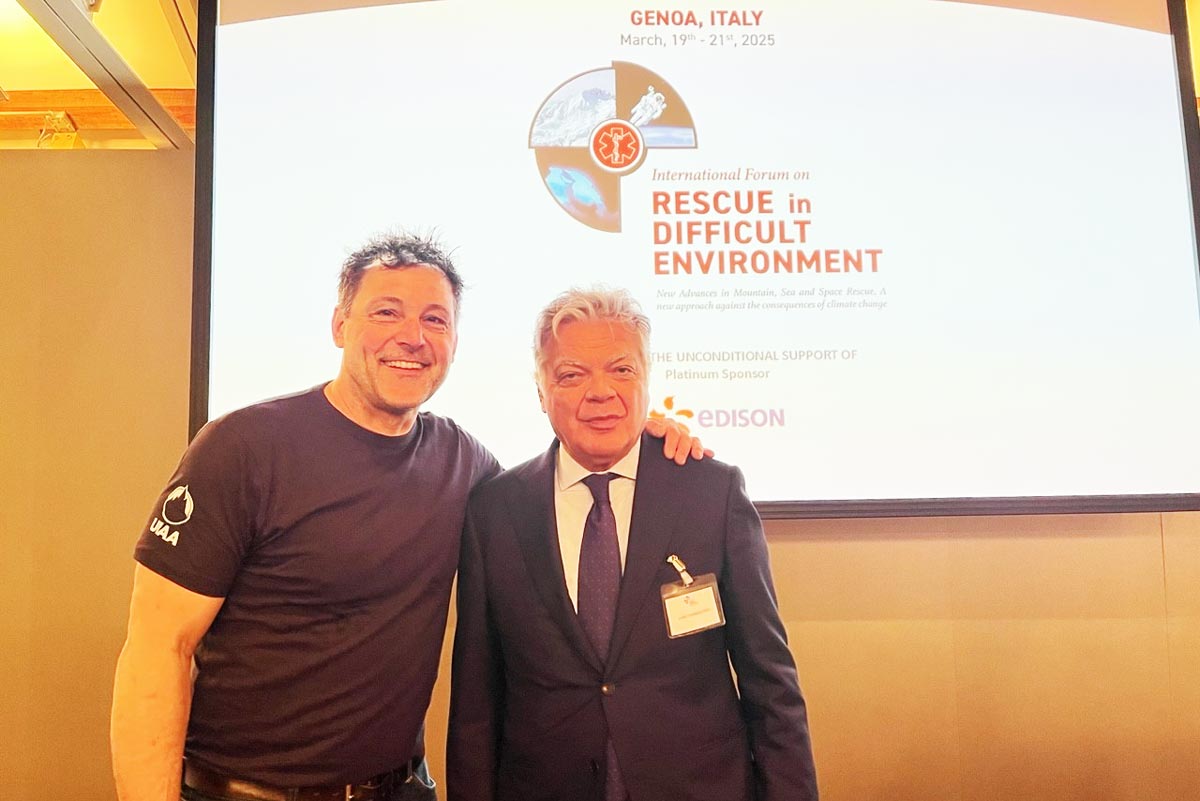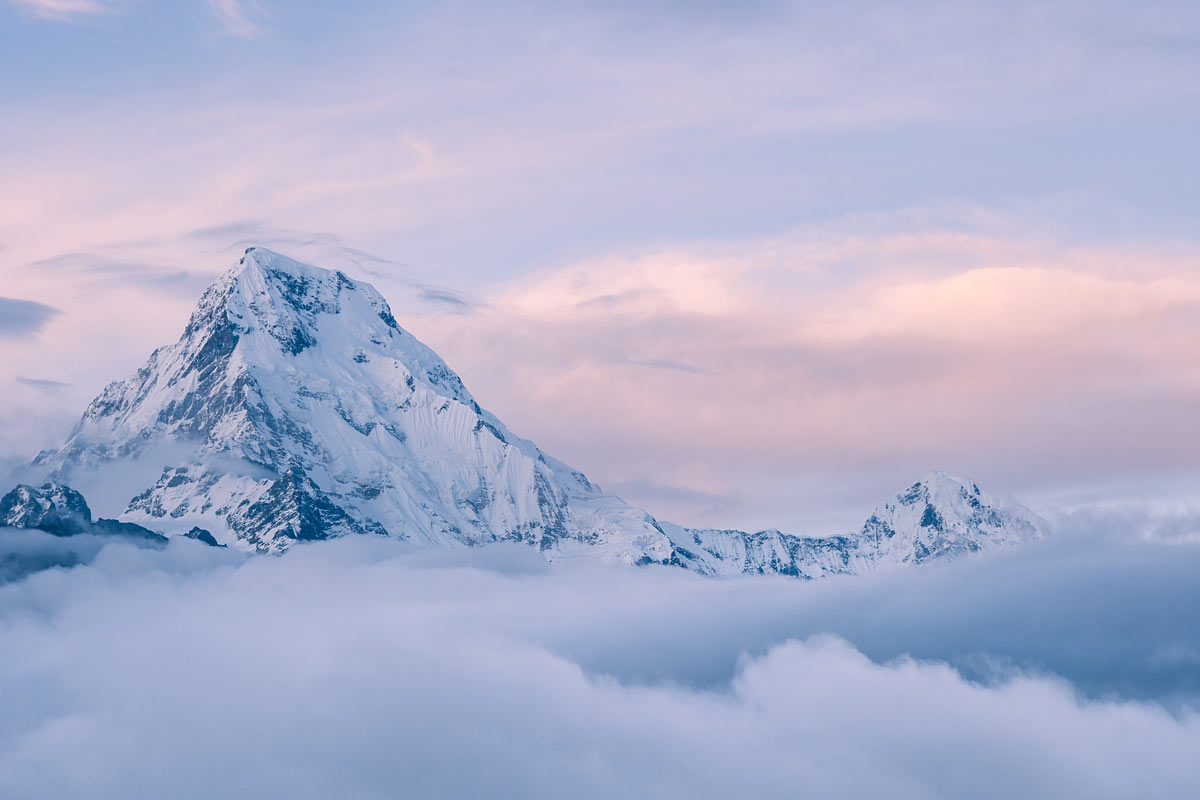The widely respected qualification, Diploma in Mountain Medicine, was the focus of a joint meeting on August 8 of the UIAA Medical Commission, the International Society of Mountain Medicine (ISMM) and the International Commission for Alpine Rescue (ICAR).
Dr David Hillebrandt, Vice President, UIAA Medical Commission, wrote the following report on the joint meeting:
Unfortunately the UIAA Medical commission president Dr Buddha Basnyat from Nepal has been unable to attend the International Society of Mountain Medicine (ISMM) World Congress in Arequipa, Peru, due to visa problems. Despite his absence Buddha has been appointed President Elect of the ISMM. Our Medcom vice president Dr David Hillebrandt from the UK represented Buddha at the annual UIAA Medcom Meeting and also at a special joint meeting with the medical commissions of the International Commission for Alpine Rescue (ICAR) and the ISMM with whom we jointly run the increasingly recognised and popular Diploma of Mountain Medicine. The diploma is now run by 10 individual national organisations and we were particularly pleased to report that it has recently become established in Japan. The commissions discussed ways of improving its role in educating and maintaining standards of care by doctors and paramedics involved in mountain medicine throughout the world. We also reviewed our consensus guideline papers and plan to extend these coordinated by our corresponding member Thomas Küpper from Germany.
Our meetings are only a small part of the five day ISMM Congress which brings together altitude, expedition and rescue doctors from around the world. The university venue in Arequipa, dominated by 5000m peaks, has been an ideal place for lectures on cutting edge research in to high altitude illness, practical sessions and workshops and most importantly for an informal exchange of ideas and a chance to make new friends for future cooperative ventures. We all look forward to closer working relationships between our UIAA Medcom, the ICAR Medcom, the ISMM and the Wilderness Medical Society (WMS) especially in producing more advice guidelines for both doctors and interested lay persons. Further work on frostbite and on mountaineering with pre existing cardiac and other long term conditions is planned for the next twelve months.
This South American based meeting has opened up important dialogue between doctors on ways to minimise the risks of developing altitude illness on popular high altitude peaks such as Aconcogua. Education and screening methods are now being reviewed at an international level.
It was felt that medicine and mountaineering should transcend international boundaries. Despite the current difficulties regarding the UIAA membership of Germany and Austria our committee was unanimous in welcoming the chance to continue working closely with our colleagues in these countries who are currently corresponding members.
David Hillebrandt
Diploma background
The three bodies established minimal requirements for the Diploma in Mountain Medicine courses in 1997. The regulations are updated on a regular basis to reflect developments in mountain medicine, internet communications and to ensure that the high standard of the DiMM is maintained.
HAPE and HACE
At a separate meeting in Arequipa, the UIAA Medical Commission reviewed its recommendation papers, and heard a presentation on nutrition at high altitude.
There are currently 20 advice and recommendation documents available for download on the UIAA website, ranging from AMS, HAPE and HACE to “women going to altitude”, “people with pre-existing conditions going to the mountains” and “the effect of extremes of temperature on drugs”.
There are many German, Japanese, Spanish, Portuguese, Italian and Polish translations of the papers also available for download.


